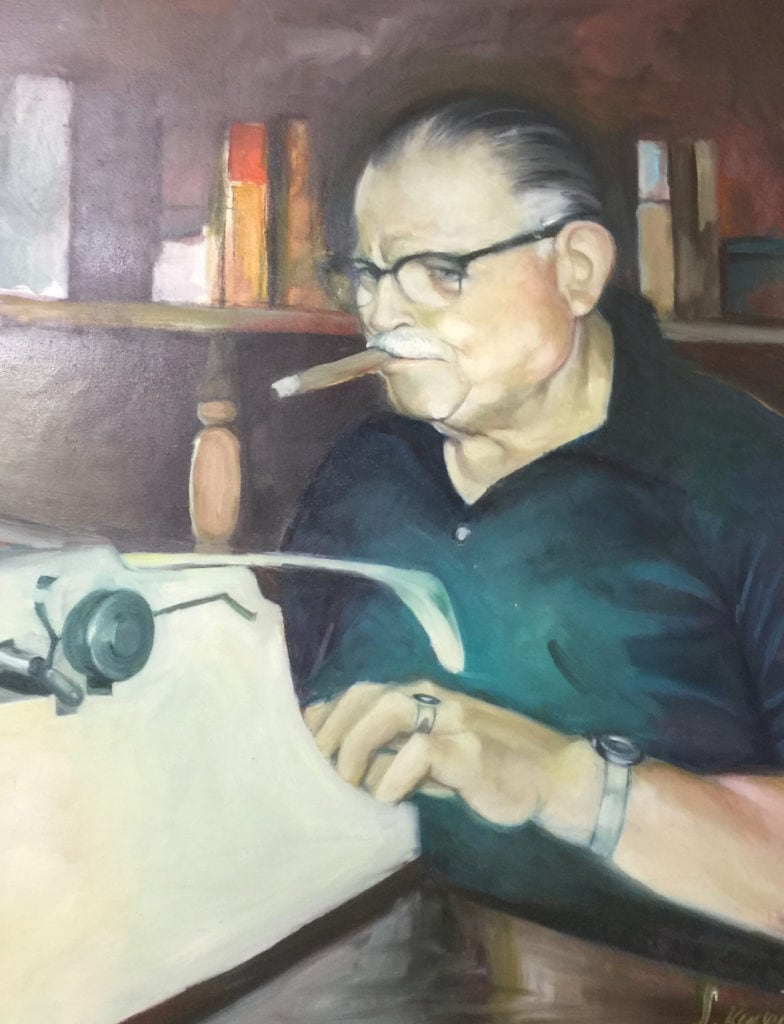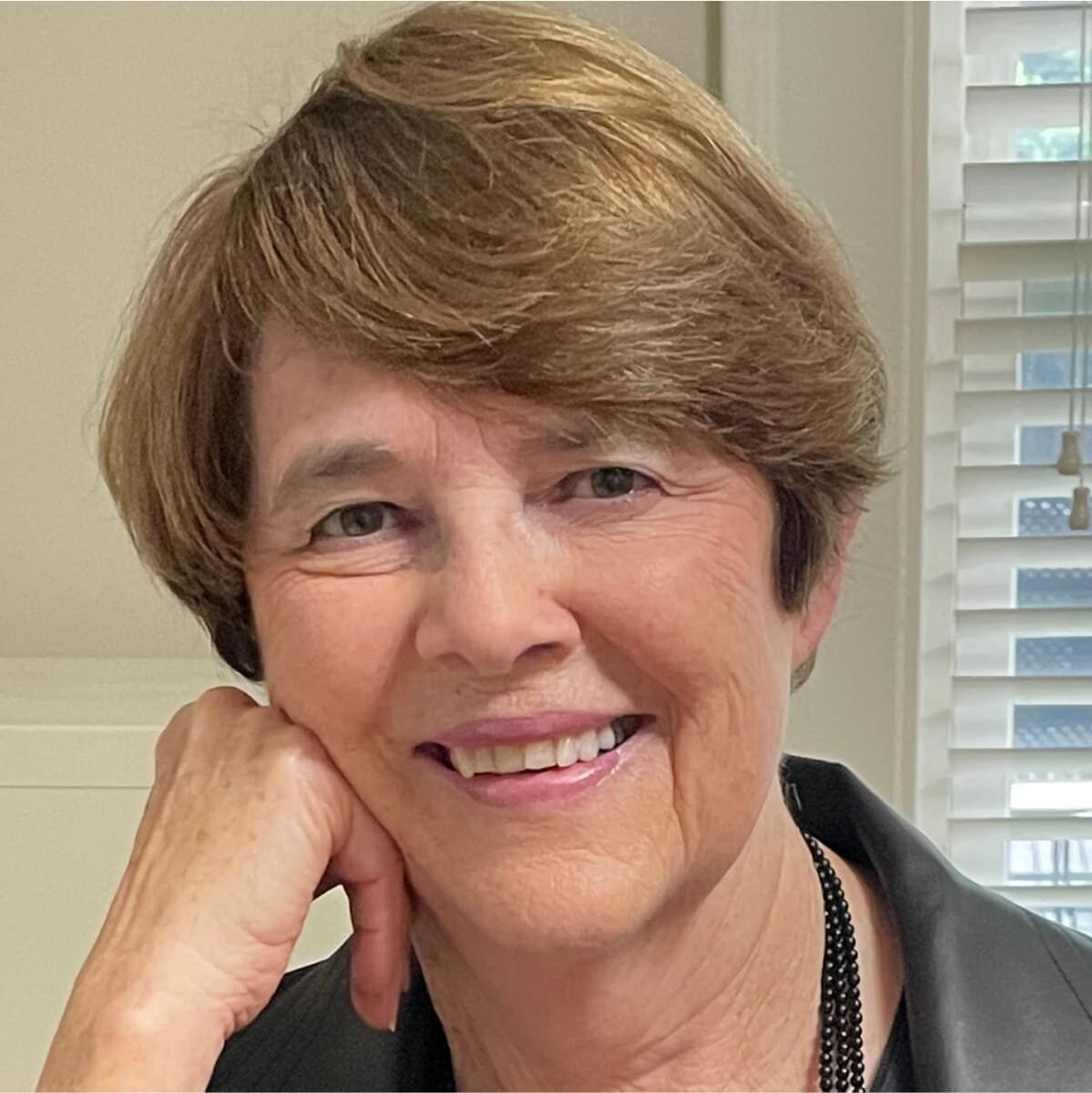
Pin-Stripe Suits and Fedoras
June 17, 2021
There is an old saying in journalism that goes like this: “If your mother says she loves you, check it out.” This is amusing to journalists because it is precisely what we are trained to do—be skeptical and double check everything.
We’re supposed to look with a jaundiced eye at every story we have been told and every fact we think we have unearthed. An unsettling experience I had in the mid-1980s, though, tested the skeptic in me—and still does.
First, some background— My maternal grandfather was a crusading newspaperman who published a chain of weekly newspapers in the downriver area of Detroit from 1933 until 1969. His name was William S. Mellus, but to me and his other five grandchildren, he was Grandpa Bill.
When I was about 13, Grandpa Bill suggested I might like to work at his newspaper office during my summer vacations. I thought this was a splendid idea, and over the years, he proceeded to teach me the news business. Short and rotund, with a cigar usually clamped between his teeth, I’d watch him pound away on his typewriter, edit mercilessly his reporters’ copy (including mine), and argue minute points of grammar as though the world depended on it.
Grandpa Bill’s newspapers won hundreds of awards for excellence over the years, and I loved him dearly.

As for me, after college and graduate school, I worked at four other newspapers—daily papers in Michigan, North Carolina, and South Carolina—until becoming a university magazine editor and freelance writer. Until he died in 1979, Grandpa Bill took an abiding interest in my journalistic career. “What are you working on now?” he would ask wistfully during our regular telephone chats.
In 1984, during a period of personal turbulence in my life, I decided to schedule a “reading” with a well-known psychic in the Charleston area. (It’s called a reading because the psychic is said to “read” your higher self.)
Deep down, I figured psychics—people claiming to use extrasensory perception (ESP) to identify information hidden from the normal senses—probably perpetrated hoaxes. I kept the appointment anyway. The reading was held before the internet was available to the public. Major search engines such as Google had not yet been invented.
The session proceeded uneventfully for about 30 minutes, until the psychic said she saw the spirit of a man hovering around me. The man, she said, was wearing a pin-stripe suit and a fedora. I was stunned.
At the end of the session, I inquired about this man in the pin-stripe suit and fedora. “Do you know who that is?” the psychic asked. “Yes,” I said, “that would be my grandfather,” a dapper dresser who often wore pin-stripe suits and fedoras.
Somewhat unsettled, I went home that night and phoned my grandmother, who agreed the man in the pin-stripe suit and fedora would be my late grandfather. Then I called my mother and asked her what she thought. “That would be Grandpa,” Mom replied.
I was never sure what to make of all this; my journalistic skepticism quickly kicked in. But the psychic had said Grandpa Bill’s spirit was around me, and he would help me in my work if I permitted it.
When my grandmother died in 1995, I inherited a large oil portrait of my grandfather: he is intently pecking away on his trusty manual typewriter, puffing on his ever-present cigar. The painting sits above my desk in the home office where I write. Whenever I look up, there he is.

Jan Collins is a Columbia, South Carolina-based journalist, editor, and author. A former Nieman Fellow at Harvard and former Congressional Fellow in Washington, D. C., she is the coauthor of Next Steps: A Practical Guide to Planning for the Best Half of Your Life (Quill Driver Books, 2009).